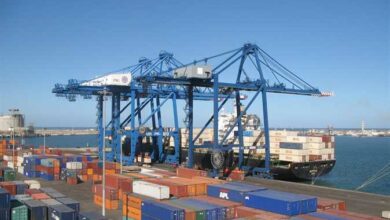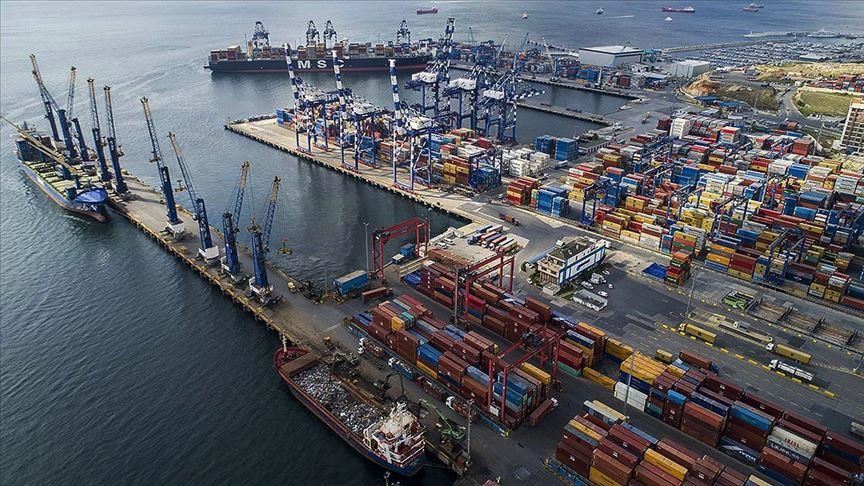After Egyptian pound slid to its lowest value in seven years this week, Egyptian business owners are feeling its effects.
“We already seeing prices increase and increase,” said Amad al-Shami, owner of a Garden City shop that trades in foreign made electronics.
Sitting among towers of boxed coffee pots, slow-cookers and hair dryers, he said that the goods, most of which are Chinese-made, will be more expensive for his customers going forward. Neatly stacked, Braun and Kenwood products crowd every corner of the Qasr al-Aini store.
The Egyptian market is dependent on Chinese imports for plastics and technology, as well as foodstuff imports from America, Russia and Europe.
Badly knocked by the unrest and political uncertainty during the past year, the Egyptian economy is further hurt with the flight of foreign investment. As the instability continues, many continue to move their money out of Egyptian currency, thereby fueling depreciation.
Following a gloomy forecast by Prime Minister Kamal al-Ganzouri in which he said the state of the economy was “worse than anyone had imagined,” the pound’s market value sunk to a value of approximately LE6.02724 to the dollar as of Tuesday evening.
Though the currency’s value largely determined by market demands, in previous years Central Bank leaders have managed the money supply to keep the pound strong. Since February, the Central Bank has been selling off the country’s foreign reserves at an accelerated rate in an attempt to avoid compounding already rising prices. It is estimated that over 40 percent of the country’s foreign reserves have been sold in the past year.
But with a sputtering stock market and foreign investor withdrawals, a significant devaluation will become inevitable.
There are benefits to the other side of the equation, though, that could help the economy get back on its feet.
“This is a great opportunity to export Egyptian products,” said Haitham Diab, an engineer at the export and import-consulting firm Aydon. “Thanks to the devaluation, our exports will be more competitive globally.”
Egypt has long had a substantial trade deficit, meaning it imports more than it exports.
In 2010, the country imported nearly US$53 million worth of goods, and exported over $26 million, according to the World Trade Organization. A cheaper pound means that balance might be altered in the favor of greater exports as Egyptian goods would become cheaper overseas. Meantime, the rising cost of imports would help discourage money from being transferred to foreign hands.
Textiles, chemical and agricultural product exports all stand to gain from the devaluation, according to Diab. It is a good time for Egyptian companies making these products to enter new target markets, he said.
Aydon, works as a sort of match-making company for Egyptian businesses and foreign partners. Eastern European markets, such as Ukraine, have seemed particularly receptive to Egyptian goods, Diab said.
Meanwhile, Egyptian shop owners are gritting their teeth and hoping for a recovery.
“Of course, right now it’s not like it was before,” said Ragab Sultan, assistant manager to Ageel, an electronics store located in Zamalek. “But in the future, god willing, it will be better by a lot.”
Meanwhile, Shami said he’s relying on the brand power of the products he sells to keep business up; he’s not going to grab cheaper deals at the risk of inferior quality. He inherited the business from his father, who started it nearly 50 years ago.
“I work with brands, so people know what they are getting, and they know that it’s going to work,” he said, turning to assure a customer of the quality guarantee on an electric fryer.
“Of course I’m optimistic, though. We’re trying,” he said.




